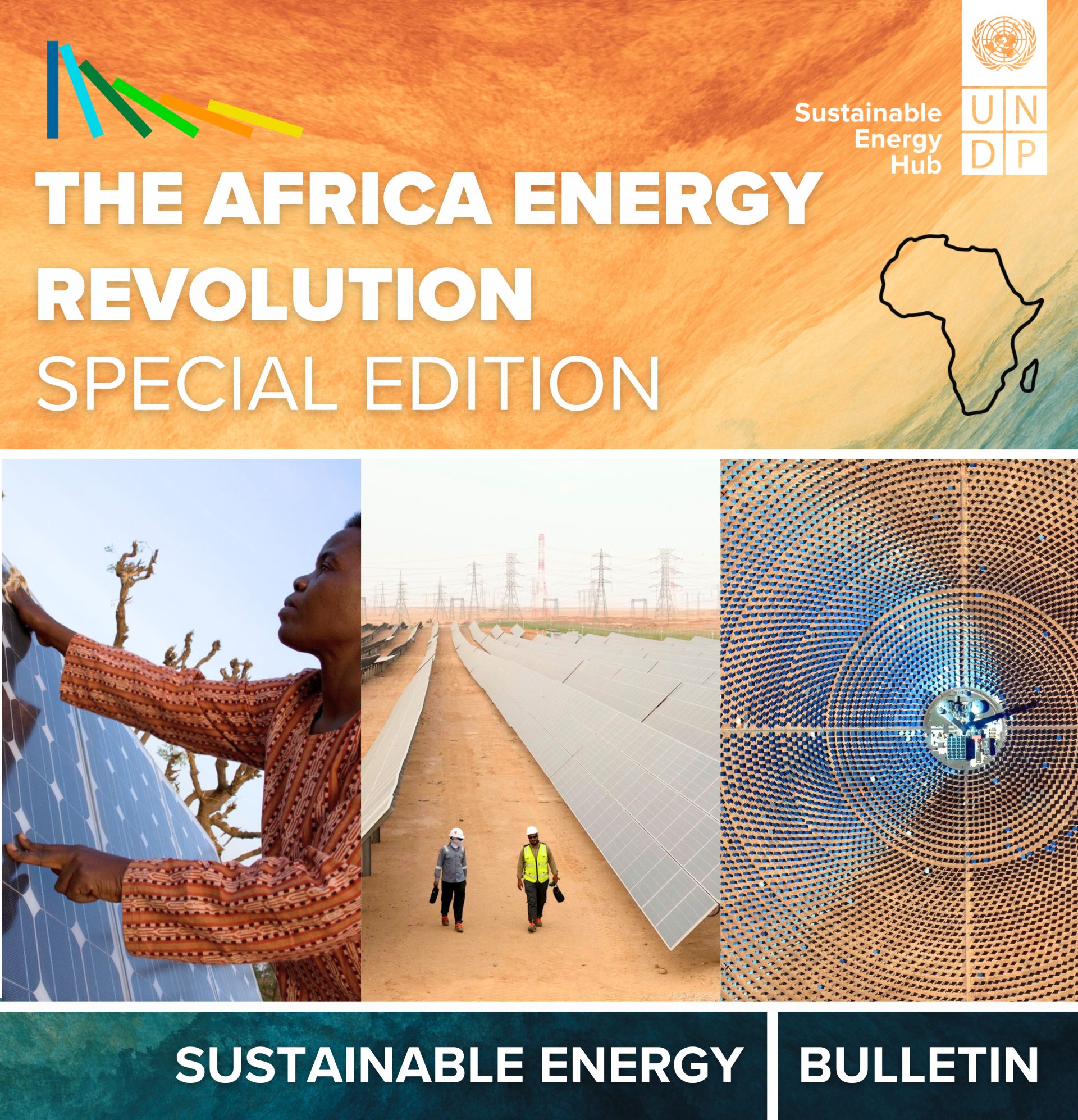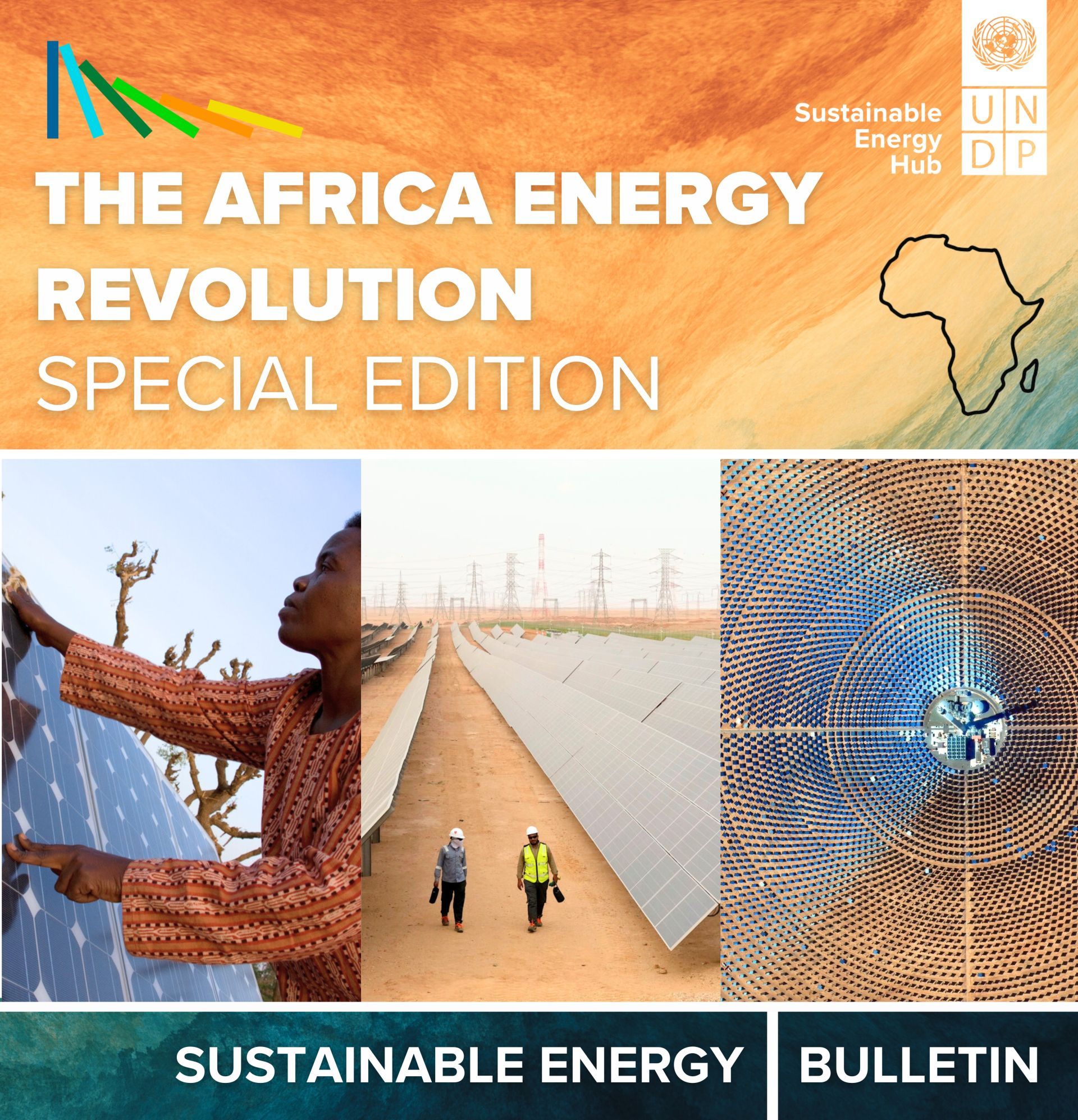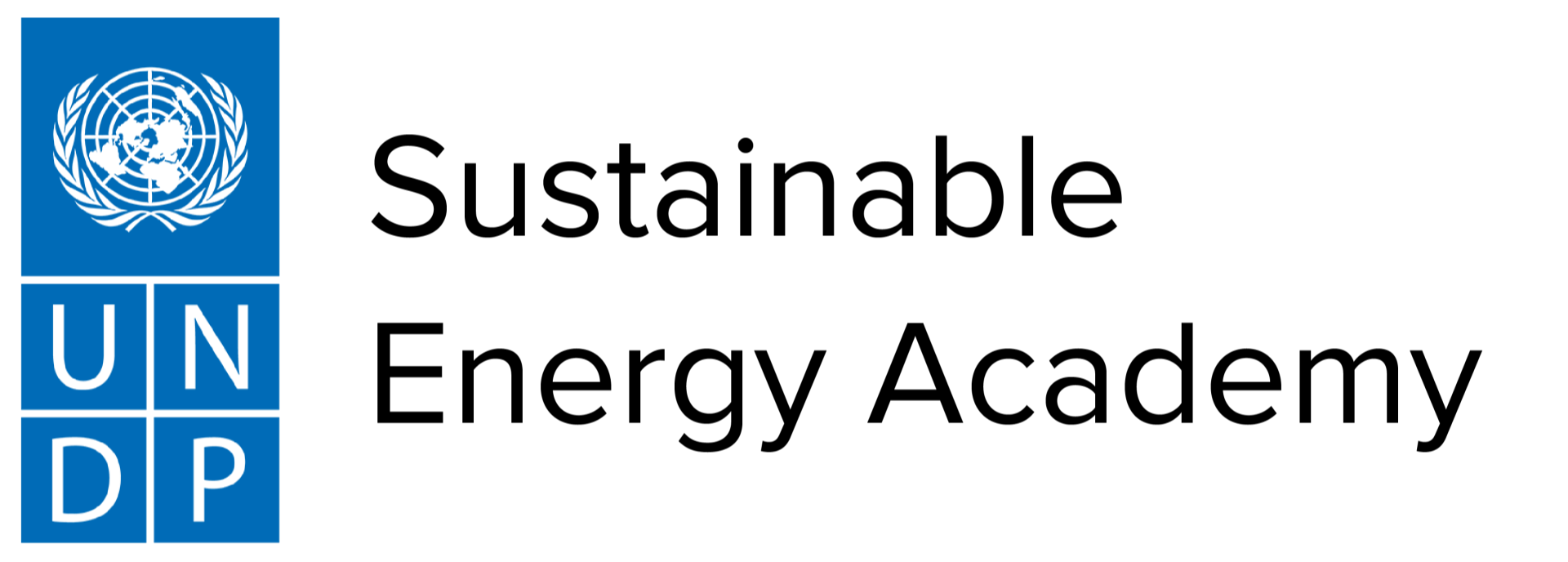

On the ground this week at the Africa Energy Forum 2024 in Barcelona, discussions are focused on actions to respond to the urgency of closing the energy access gap and accelerating just energy transition through innovative finance. With the number of people lacking access to electricity on the rise for the first time in over ten years, and Sub-Saharan Africa currently responsible for 83% of the global access deficit, Africa deserves an energy revolution. The answer lies in a gradual, equitable, and managed phase-out of fossil fuel production in Africa alongside a just transition to renewable energy and green economies. Leaders at the Africa Climate Summit and COP28 emphasized this need last year, with the Nairobi Declaration targeting a 5x increase in renewable energy capacity by 2030.
Although the challenges require tremendous acceleration, we fortunately already have many of the necessary solutions, from solar PV and hydropower to minigrids, microgrids, and battery technologies. Success will depend on bringing these solutions to scale and enabling the financing and partnerships to see them reach their true potential. In 2023, primary energy consumption in Africa decreased by 0.5%. Fossil fuels dominated the energy mix, constituting 90% of total consumption, while renewables, excluding hydro, contributed just 6% to electricity generation. This disparity is largely due to Africa receiving only 2% of global investment in clean energy. Many African countries like Kenya are already embracing these solutions, but further opportunity remains to deploy at scale to accelerate the shift to renewables, and more importantly, to bridge the gap for inclusive, reliable, and affordable energy access. Innovative financing and market development mechanisms are crucial to mobilize resources on an unprecedented scale and bring under-invested countries into the fold, targeting early-stage minigrid markets and creating an environment conducive to large-scale private investment. Market dynamics are crucial in driving shifts towards decarbonization and green economies, in synchronization with policy interventions and government actions to steer systemic changes. Effective governance is needed to address market failures, reduce barriers to entry for clean technologies, and create a stable environment for long-term investments in a green economy.
These ambitions will require us to transcend classical approaches and leverage the unstoppable potential of the digital revolution in this just transition. From energy planning to enhancing value addition in the critical minerals markets, these innovations can serve as a foundational layer that enables, facilitates, and accelerates the transformational shift to clean and affordable energy across the energy value chain. Integrated solutions will require ambitious partnerships at scale through South-South collaboration, both regionally among African countries and with other Global South regions such as Asia and Latin America, to enable the finance, technology and knowledge transfer required for Africa’s energy revolution.

